Monday, 22 April 2024
Menu
Oceana is an organisation working to restore the world’s waters to the best possible condition. Their research and projects monitor the situation in the deep sea and come up with solutions. Recently, there have been studies and observations of the Baltic Sea, but unfortunately the results are not the best.
In view of the future threat to fisheries in the Baltic, well-known German and Danish experts have joined the Oceana project. They assure us that if the situation remains unchanged, the fish population in the Baltic Sea will decline drastically. The first conclusions presented by the group of researchers are that the network of marine protected areas must be strengthened immediately and better fisheries management implemented.
This issue was presented by members of the organisation Oceana, at a seminar entitled “Baltic Sea – I know more, I protect better”, which took place as part of the European Maritime Day in Gdansk.
New footage and photographs collected over two months during a research expedition in the spring show the devastating impact of pollution, overfishing and hunting practices that have a destructive effect on the marine environment. However, there are also photos that show healthy ecosystems, rich in many species and diverse. They provide a window into the future, into what the Baltic might look like if the right regulations and effective protection were put in place.
The creation of a network of marine protected areas covering 20-30% of all waters, including marine reserves and no-take zones, is key to revitalising and rebuilding populations of all species in marine waters around the world, especially in the Baltic, which is in very poor condition. Unregulated and illegal fishing, which leads to the depletion and decimation of commercial fish stocks, and a consequent sharp decline in catches, must be stopped immediately. An important step towards sustainable use of the Baltic’s resources is to protect suitable areas where harmful dredging and bottom trawling must be prohibited, says Dr Michael Olesen, scientist and professor at the University of Copenhagen.
Studies have shown that such tightening of conservation measures and stricter management of fish populations would be beneficial to fishermen and local people dependent on fishing and, above all, to endangered ecosystems.
If fish stocks are managed responsibly and in a planned way, we can expect rapid and efficient recovery of individual populations and ecosystems. For example, we can increase fishermen’s profits fivefold within 10 years if the current level of cod recovery is maintained in the eastern Baltic Sea, says Dr. Rainer Froese, a marine ecologist at IFM-GEOMAR in Kiel.
It is important to have a view on the whole issue with a slightly broader perspective than just the relationship between fish and fishermen. It is important what impact this may have on society as a whole and on nature.
Oceana believes that ending harmful subsidies to the industry is crucial to reversing the situation we are in now. Subsidies to fishermen encourage them to fish even though there are few fish left. The result is depletion of fish stocks, threats to many species and ecosystems, increased investment in the fishing fleet, falling prices and economic losses.
Long-term ecological sustainability, healthy and abundant fish stocks, are the economic foundation for a strong sector in fisheries and these guidelines, must be the main focus of the reform of the common fisheries policy and its reforms, says Anne Schroeer, economist and manager at the Oceana project office for the Baltic Sea.
Source: www.xray-mag.com
Photo: baltic.oceana.org/Carlos Suarez

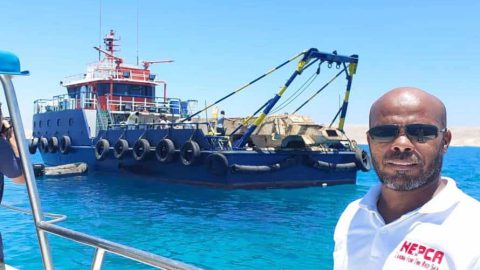
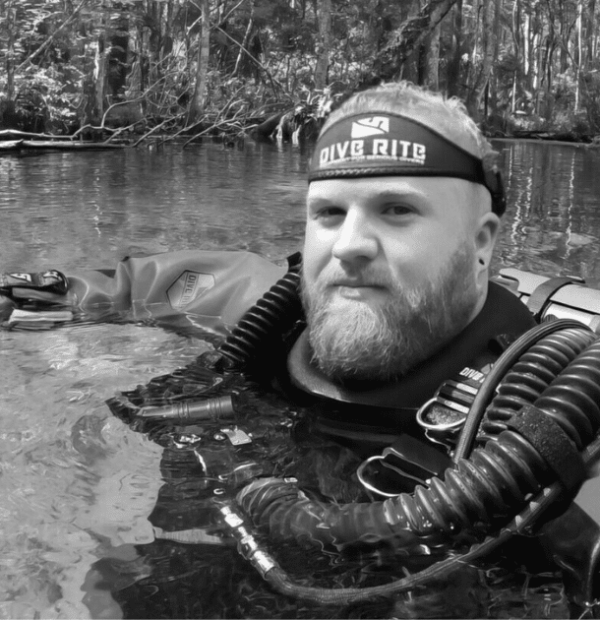
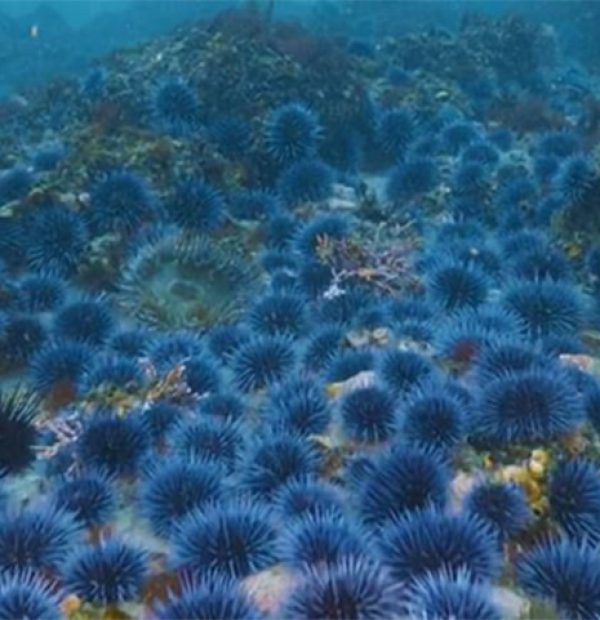
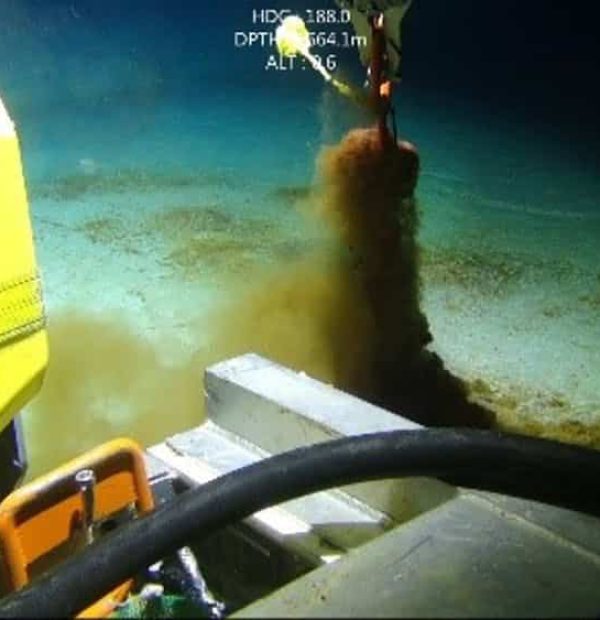
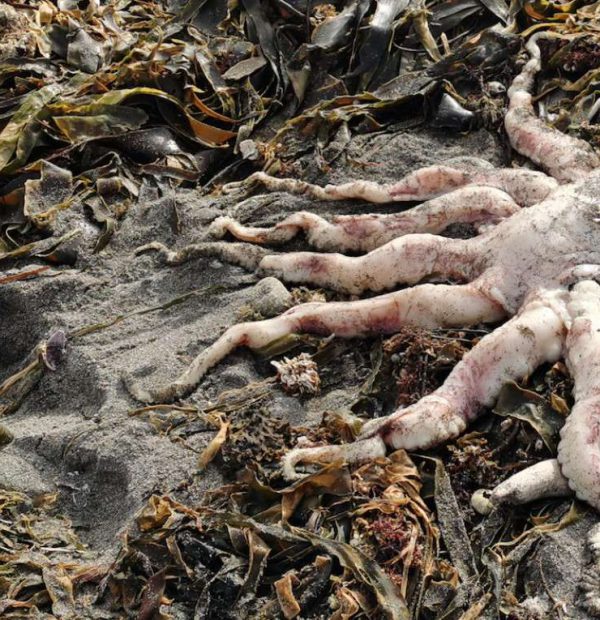
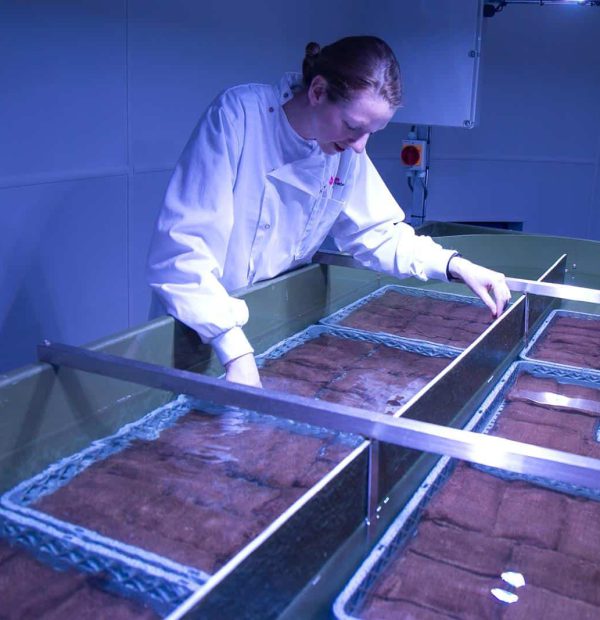
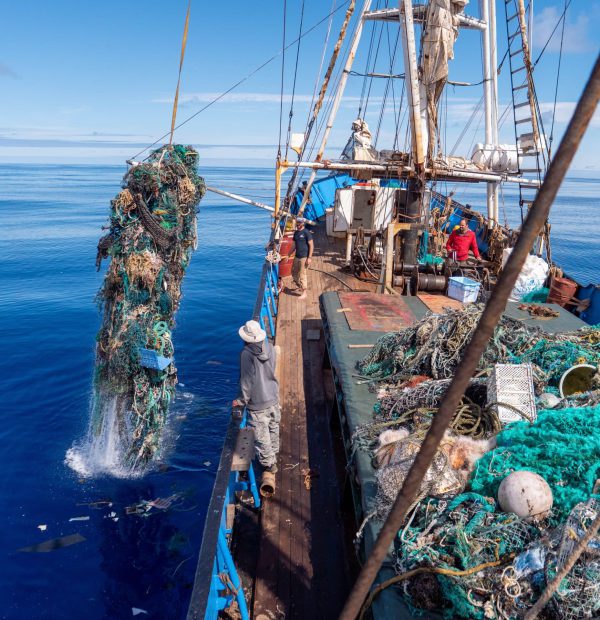
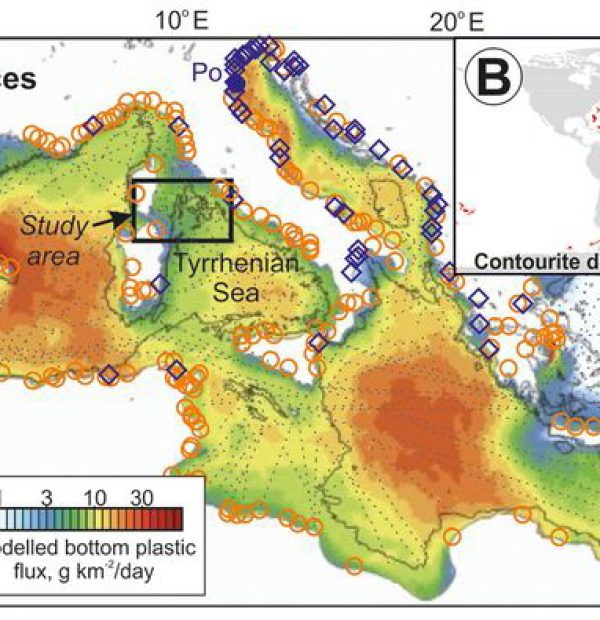

Welcome to DIVERS24.COM, your daily source of scuba news, freediving, scuba diving information, and equipment reviews. Our comprehensive coverage of the dive industry from A to Z provides you with all the latest scuba news, training updates, underwater photography tips, and everything else related to scuba diving. Whether you’re a beginner or an experienced diver looking for more knowledge about scuba gear or techniques – we’ve got it covered! With our in-depth articles written by experienced divers who have been there and done that, you are sure to find exactly what you need here at Divers24.com. Dive into scuba news today!
Underwater Media Sp. z o.o.
Szafarnia 11/F8,
80-755 Gdansk, Poland
Welcome to DIVERS24.COM, your daily source of scuba news, freediving, and scuba diving information. Sign in for a weekly news update and discount coupons for dive gear and apparel.
@2023 - underwatermedia.pl. All Right Reserved. Designed and Developed by Tworzenie stron internetowych Gdansk

The Divers24 portal is currently the largest online medium treating diving in Poland. Since 2010 we have been providing interesting and important information from Poland and around the world on all forms of diving and related activities.
Contact us: info@divers24.com